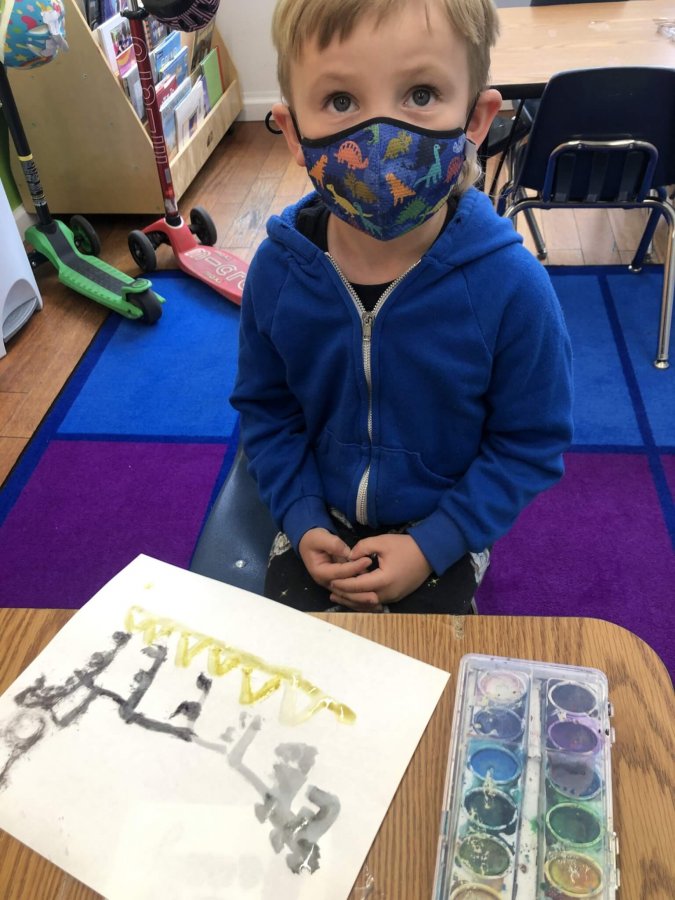
What even are people? Kohelet (Ecclesiastes) argues that Earthlings should stop trying to associate themselves with God and just realize that they’re only as good as animals. Both end up the same: coming from dust and returning to dust (Kohelet 3:18-20).
What do you think happens after people and animals die?
- Nothing.
- We become dirt and then plants.
- We will all go to heaven.
- Plants come from you when you decompose.
- I have no idea.
- We go down.
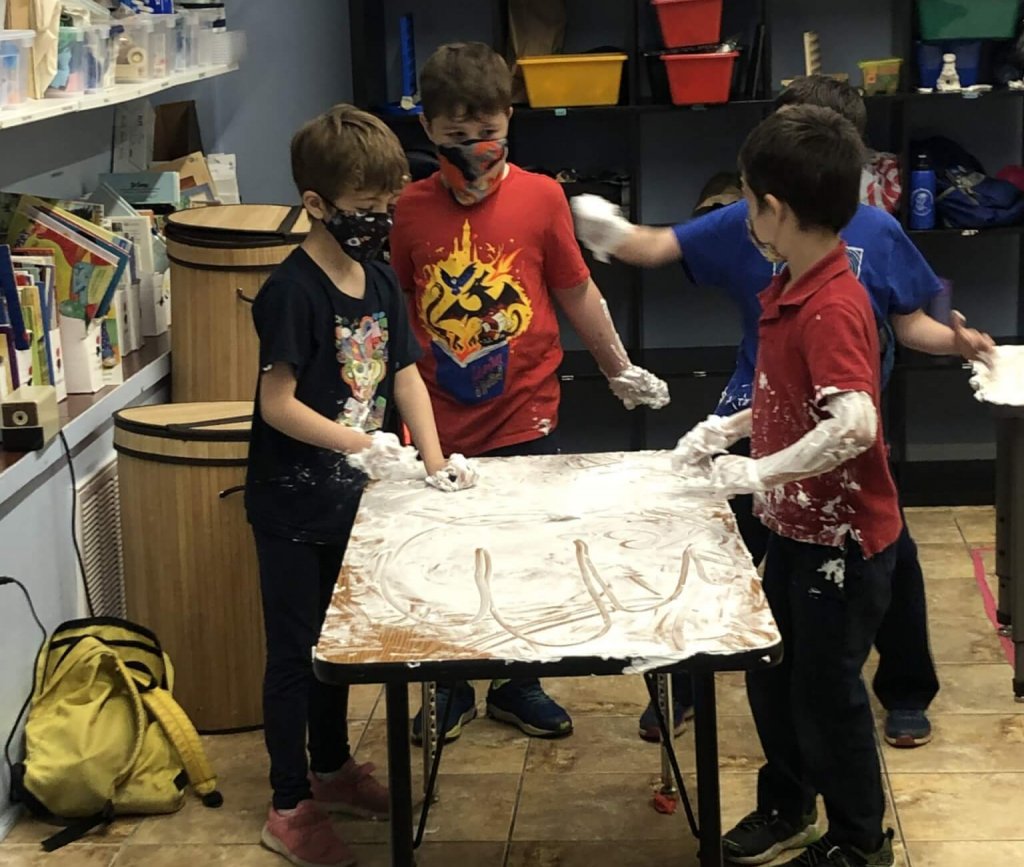
Do you think people are more godlike or more animallike?
- Animallike – humans are actually animals.
- People come from animals, so more like them.
- Yeah God was bored so God turned some animals into humans. More animallike.
- More godlike. I guess because people can talk, and animals can’t do that.
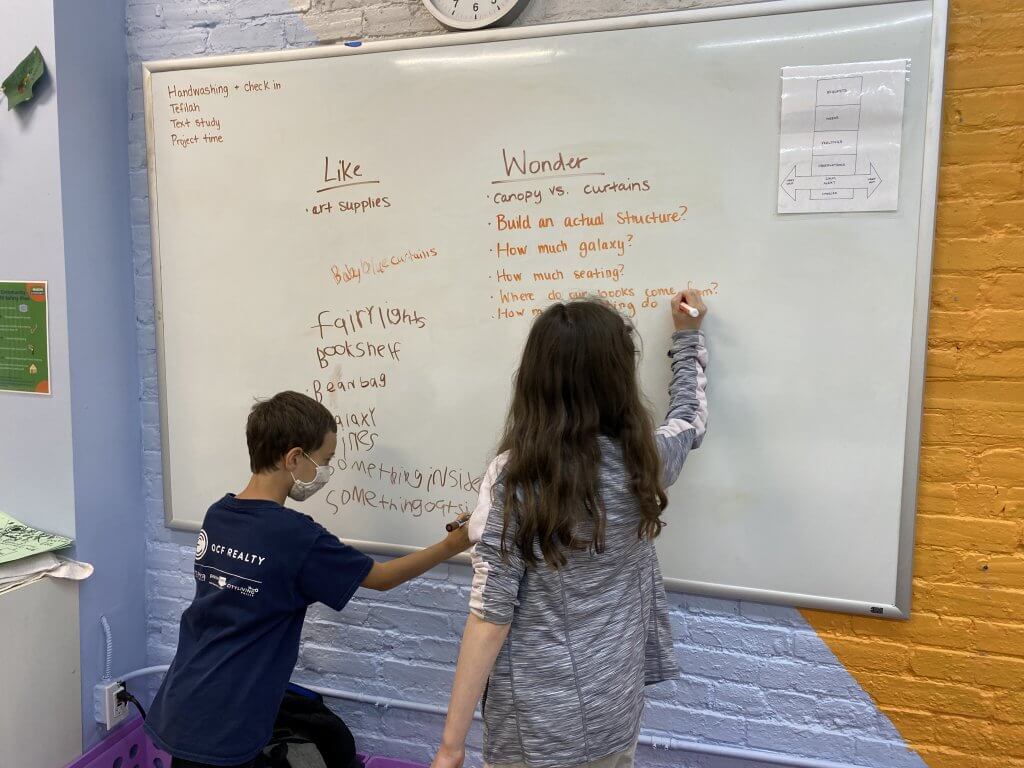
It was interesting to consider the connections between people and animals that Kohelet suggests. We contrasted this idea with a commentary about how people were created in God’s image (Sanhedrin 37a:15). What does it mean to be made in God’s image?
- It means that we are how God wanted us to be.
- Like according to the picture in God’s mind.
- Did God want us to be mean? I guess so since God made us like that sometimes.
- We look like God, God looks like us.
- We don’t look exactly like God because God lives forever so we have some differences.
- It’s not about how we look because God can sometimes be grass or wind or sun and we don’t look like that at all.
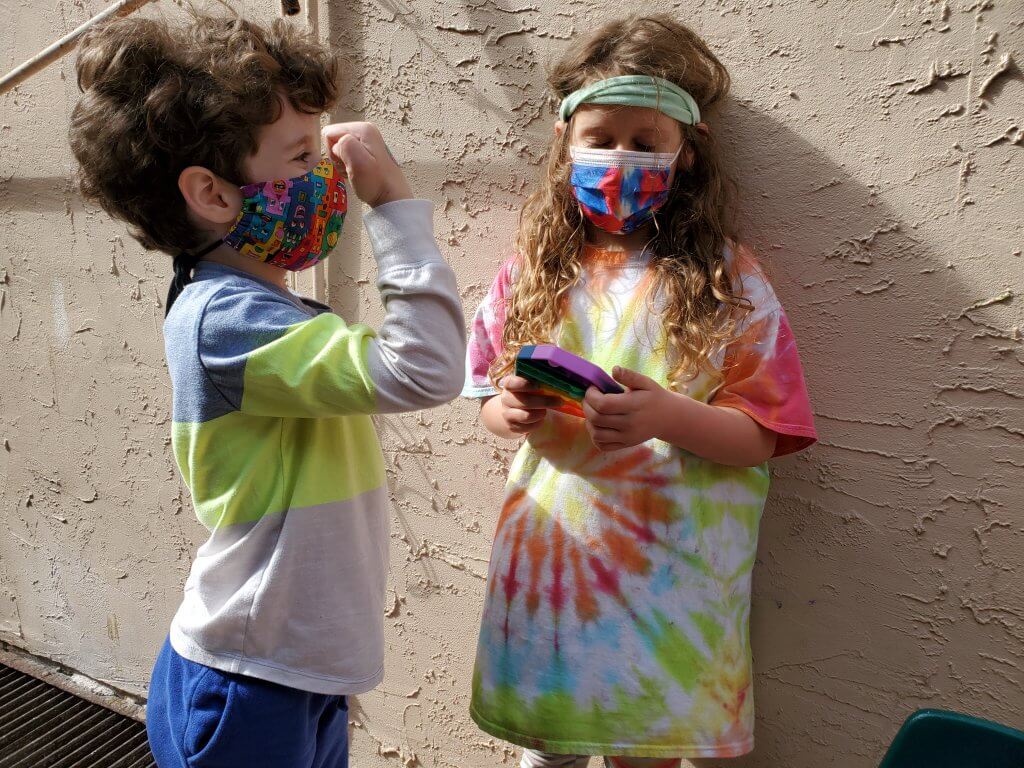
Building off of the Sanhedrin commentary, we explored the relationship between people’s individuality or uniqueness and their godliness.
What makes you unique?
- I’m flexible.
- I like being in small spaces.
- I don’t tackle people, other than my brothers.
- I love giraffes.
- I’m curious and talkative.
- I have a lot of video game experience.
- I’m a baby whisperer.
- I’m an Irish dancer.
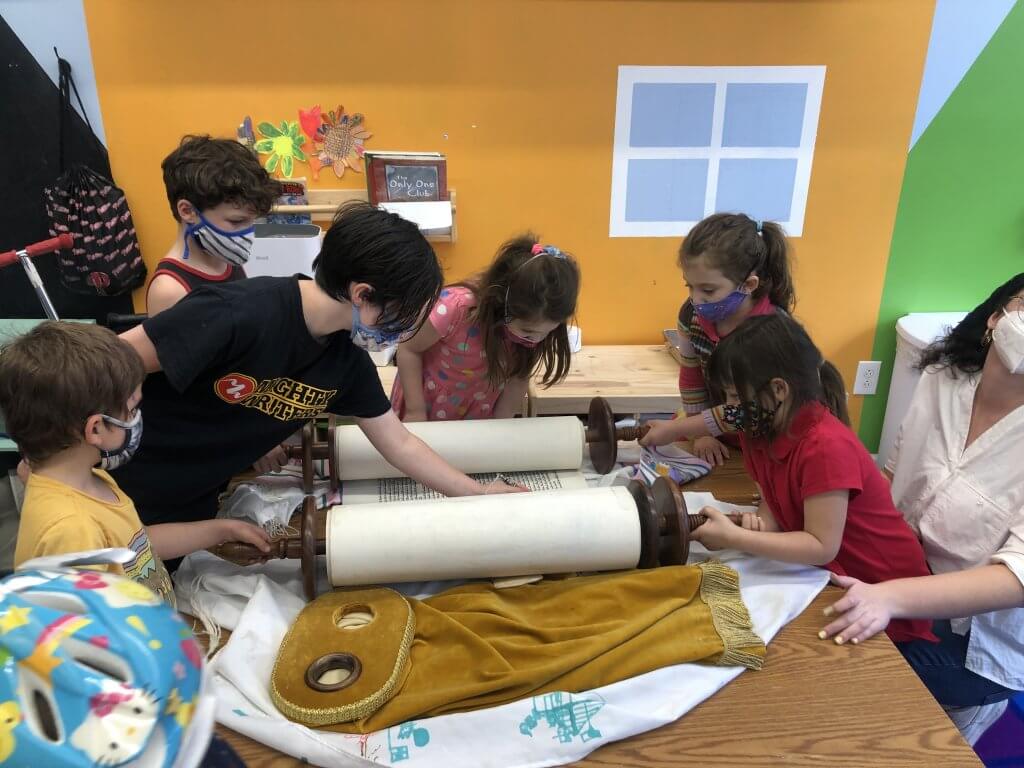
What are you the only-one-of in our class?
- I’m the only one with a dog and the only one with a newborn baby.
- I’m the only one who’s homeschooled.
- I’m the only one attending 3 schools at the same time and also the only one reading Harry Potter.
- I’m the only one who fluently speaks three languages.
- I love cooking.
- I’m the only one in our class who’s in first grade.
- I’m the only only child in our class.
- I’m the only one with a pet rat.
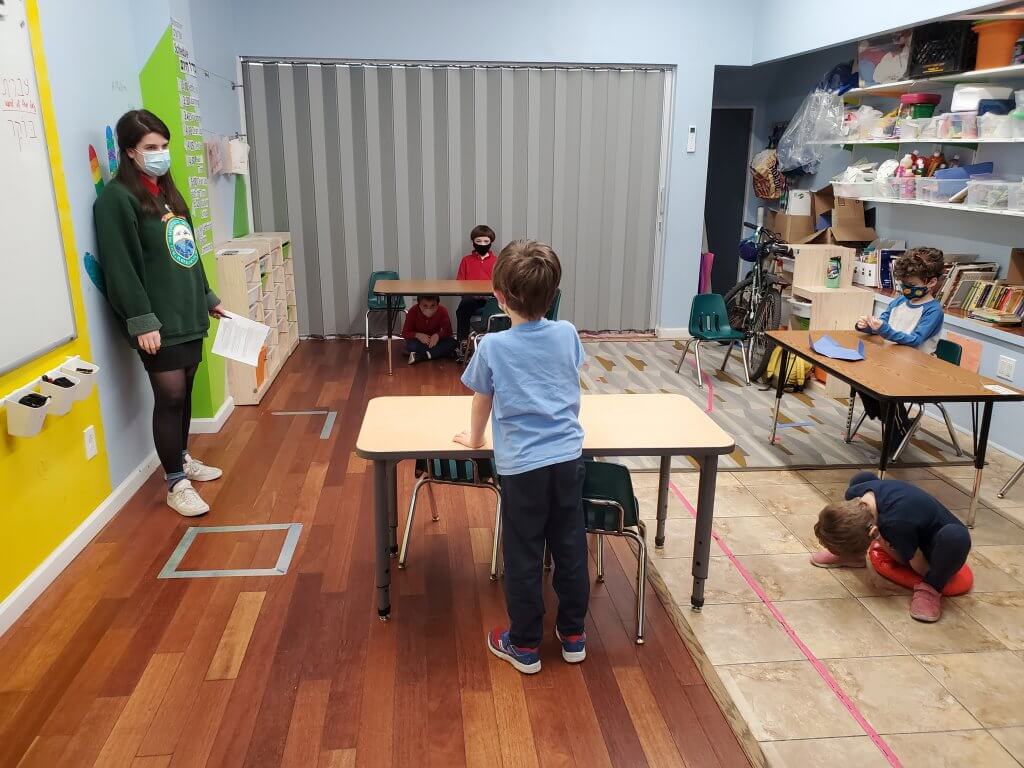
What makes other learners in our class unique?
- One of us is obsessed with science and a great big sister.
- One of us is a rebel and likes to eat lemons.
- One of us talks a lot and is super friendly.
- One of us is super funny and good at computers.
- One of us is an all around good person and has two little brothers.
- One of us is super huggable and is a Rubiks cube master.
- One of us is really weird, but in a good way, and is wise like a rabbi.
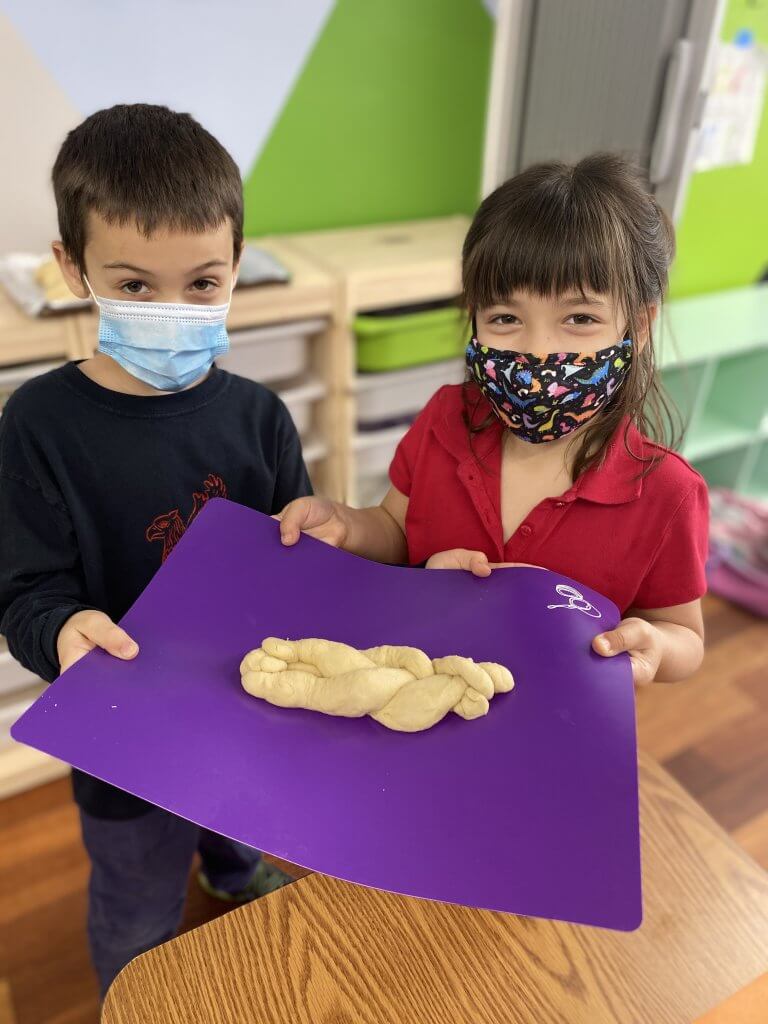
Why is it important for people to all be unique?
- So we can tell each other apart.
- That way we can address people as individuals.
- Because it’s important for us to know who we are, and we can tell that by how we think.
- To help people learn because different people will know about different things and then they can teach each other.
There are moments when it might be helpful to embrace Kohelet’s perspective: to remember that we’re not better than other creations, originating from dust and returning to dust. And there are moments when it’s probably more helpful to remember the inherent godliness in ourselves. Next week we’re going to unpack those ideas and dig into what those particular moments might be.
